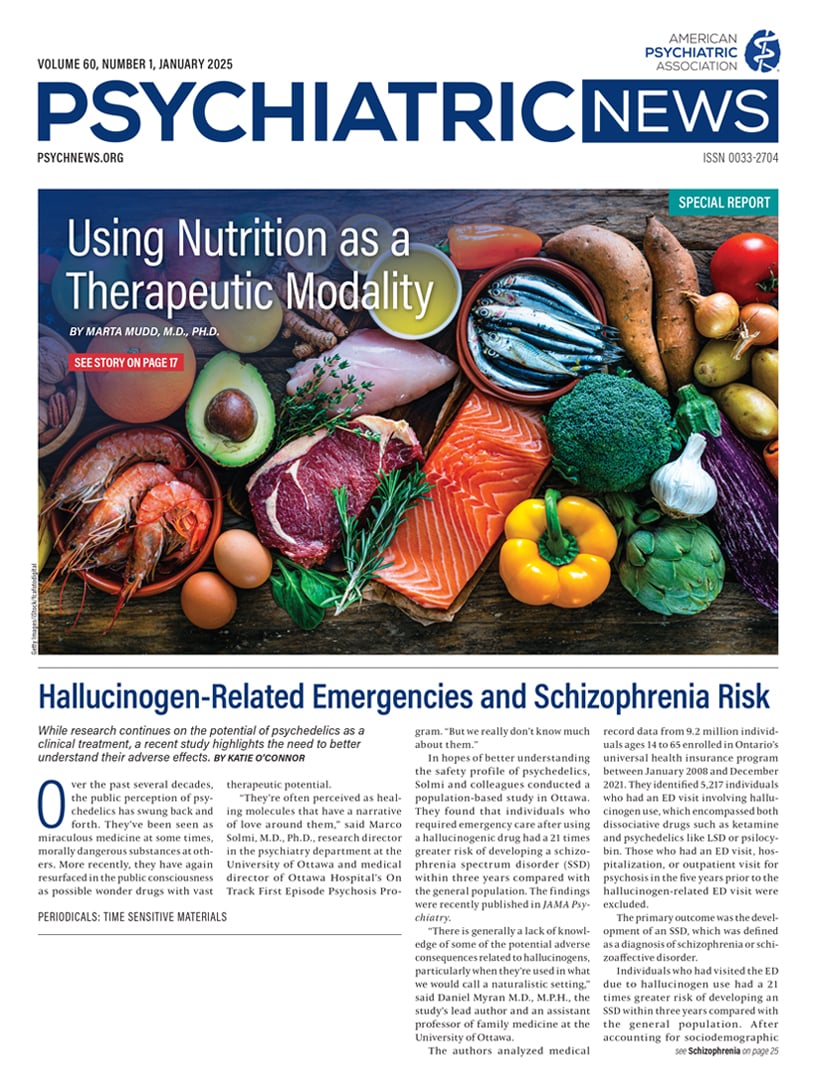In 2022, a final-year surgical resident began an intimate relationship with a nurse at the same facility. After he broke up with her months later and began another intimate relationship that quickly progressed to engagement, the ex-girlfriend sent a formal complaint to the hospital administration, alleging that the doctor had serious alcohol use problems and made inappropriate patient-care decisions. The nurse resigned from the establishment a couple of weeks after filing the complaint, and the doctor was terminated from his employment.
Thus, the hospital lost two valued employees in short order. Depending on the size and location of the hospital and the availability of staffing resources, this could impact patients’ access to care even as it impacts the remaining staff members who must now cover their shifts.
Professional Boundary Crossings
Intimate relationships are common at workplaces. It is estimated that more than 20% of married couples in the United States met at work. Other reports indicate that almost half of the individuals surveyed have met a partner at work. Hospitals are not immune from these statistics and may even be more prone to intimate relationships between coworkers, given the long hours staff spend on the job, which leaves little time for initiation or maintenance of outside relationships.
The National Institutes of Health Policy Statement strongly discourages personal relationships (including romantic and/or sexual) between individuals in inherently unequal positions, where one party has real or perceived authority over the other in their professional roles. Citing potential conflicts and difficulties at the workplace even in consensual relationships, the policy states that efforts by either party to initiate or engage in these relationships are inappropriate. Although the NIH Policy Statement excludes relationships where there are no unequal positions and no power differential, such relationships are not less problematic in a hospital facility.
Intimate relationships at health care facilities are professional boundary crossings that have the potential to negatively affect patient care. This applies to professionals working in all health care disciplines, as well as students, residents, and even hospital contractors. Unwanted/unsolicited boundary crossings between work colleagues such as demonstrating overfamiliarity, complimenting physical attributes, touching/holding, and blowing kisses have prompted ethics investigations of the offending party, thereby disrupting the functioning of a unit to the detriment of patients. This could create a hostile work environment and may lead to accusations of sexual harassment.
Even consensual boundary crossings invite ethical challenges, including blurring of clinical and administrative decision-making. A desire to protect an intimate partner, for example, could lead a staff member to not report unprofessional conduct, medication errors, or other misapplied or potentially problematic interventions, or to not engage in a fair resolution of conflicts between staff members. Further, other staff members may be reluctant to give negative feedback regarding either member of the intimate couple for fear of retribution or a belief that the feedback would not be acted on.
In doctor-nurse, head nurse–unit nurse, or any other intimate relationship in which there is a power differential or supervisory responsibilities, concerns of inadequate supervision or of playing favorites are real. These are likely to fracture treatment team cohesion and dynamics, decrease staff morale, and lead to worse outcomes for patients. What’s more, interpersonal disagreements between the couple outside of the workplace, including a breakup, could bleed into the work environment, creating tension in the treatment milieu.
The Patient Is Paramount
Intimate relationships between a psychiatrist and a coworker in a hospital or health care agency are a reality of life that cannot be completely prohibited by hospital policy. Some hospitals have attempted to manage the issue by separating the staff members, placing them on different units, but that is not always possible. Thus, the discussion shifts to management of the relationships without compromising patient care or violating our ethics injunctions.
Section 8 of APA’s “The Principles of Medical Ethics” reminds psychiatrists of our cardinal obligation to regard responsibility for our patient as paramount. When the psychiatrist’s intimate relationship with a coworker on the same unit conflicts with the clinical needs of the patient, the psychiatrist must always consider the impact of and strive to resolve the conflict in a manner that the psychiatrist believes is likely to be beneficial to the patient. A further breakdown of Section 8 recommends that when significant relationships exist that may conflict with patients’ clinical needs, it is especially important to inform the patient or decision-maker about these relationships and potential conflicts with clinical needs.
As illustrated by the case example described earlier, dating a coworker in a hospital facility can be challenging. These professional boundary crossings could have deleterious effects on patient care as well as on the smooth functioning of a unit. The onus is on individual psychiatrists and hospital administrators to manage them without negative consequences to the system. ■

